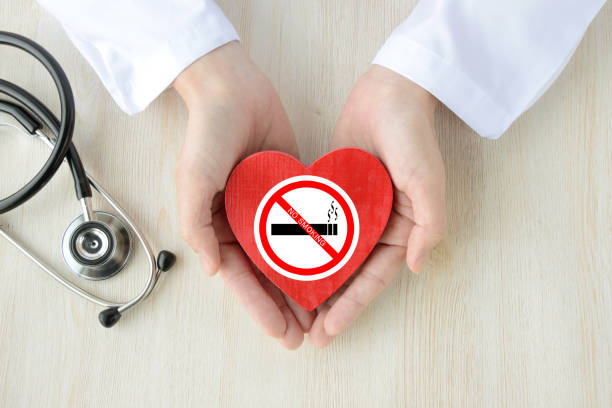It is known that smoking damages almost every organ in the human body. Tobacco kills up to half of its users. Why should you quit smoking? Some statistics suggest that tobacco kills more than eight million people each year. More than seven million of those deaths are the result of direct tobacco use while around one million are the result of non-smokers being exposed to second-hand smoke. Smoking is the leading preventable cause of early disease and death in the world suggests Yash Birla.
The number of smokers who have quit is also rising. We also discuss the benefits of quitting. Why should you quit smoking?
Yash Birla explains that tobacco contains poisonous substances that affect people’s health.
The first is carbon monoxide. It replaces oxygen in the blood and starves the organs of oxygen, stopping them from functioning correctly. The second one is Tar. It is a sticky, brown substance that coats the lungs and affects breathing.
The answer to why should you quit smoking is that it has ill effects on your brain. Smoking can increase the likelihood of having a stroke by two to four times trusted. Strokes can cause brain damage and death. One way that stroke can cause brain injury is through a brain aneurysm, which occurs when the wall of a blood vessel weakens and creates a bulge. This bulge can burst and cause a subarachnoid haemorrhage, which can lead to a stroke.
Yash Birla says the heart is another body organ that is deeply affected by smoking. Chemicals in tobacco smoke increase the chance of heart problems and cardiovascular diseases. Smoking causes atherosclerosis, which is when plaque builds up in the blood and sticks to the artery walls. This makes them narrower, reducing blood flow and increasing the risk of blood clots. Smoking also damages the blood vessels, making them thicker and narrower. This makes it harder for blood to flow, and also increases blood pressure and heart rate.
Smoking has links with the following cardiovascular conditions. Such as coronary heart disease, a heart attack, blockages, and stroke due to blood clots or burst blood vessels in the brain. Even smokers who smoke five or fewer cigarettes a day may develop early signs of cardiovascular disease. Carbon monoxide and nicotine make the heart work harder and faster. This means that smoking makes it more challenging to exercise. A lack of exercise further increases the risk of health problems.
Smoking reduces bone density, making the bones weaker and more brittle. Smoking can also impair bone healing after a fracture. These include lower body weight and less physical exercise. This may affect females more. Females are more prone to osteoporosis and broken bones. The immune system protects the body against infection and disease. Smoking reduces immune function and causes inflammation in the body. This can lead to autoimmune conditions, including Crohn’s disease, rheumatoid arthritis, ulcerative colitis, systemic lupus erythematosus. Smoking also has links with type 2 diabetes.
Many other body organs are affected by smoking. It includes lungs mouth, reproduction, skin, smoking and cancer risk. The benefits of quitting are many. If you find it difficult to quit smoking reach out for support. A doctor can prescribe medication, such as varenicline (Chantix). It is recommended to go for therapy if you want to take no medication to quit smoking.








If it wasn’t for these guys I wouldn’t be where I am today.
Addiction doesn’t only hurt you but it hurts everyone
around you as well and being induced with drugs you fail to realize that.
I can’t thank you enough for saving my life.
[…] alcohol intake and quitting smoking can benefit overall digestive […]